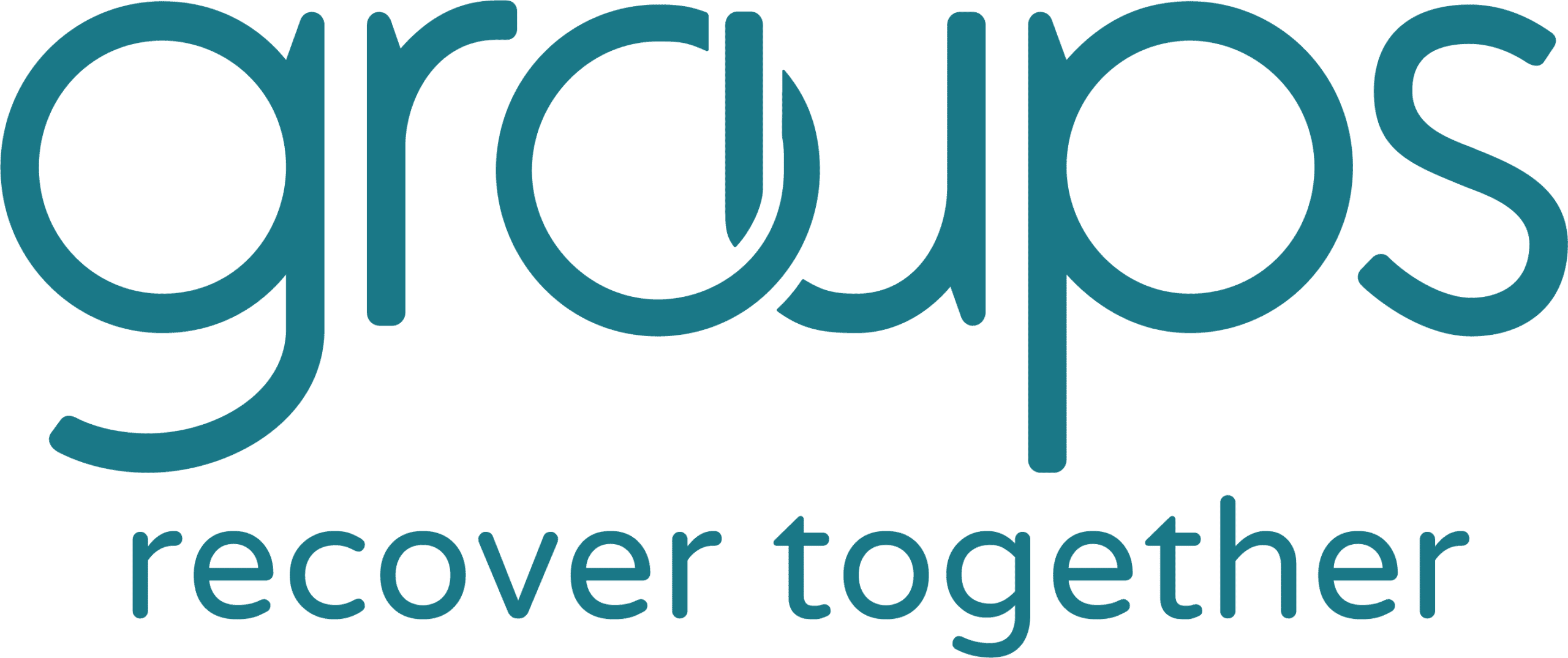During the holiday season, staying on track with your opioid recovery goals can be a challenge. The holidays are often a time of joy and celebration, but they can also come with unique risks and obstacles. According to one report, using drugs or drinking alcohol again is 150% more likely during the holidays.
When you’re trying to stay on track with your recovery goals, having the right resources can make a big difference. With tips for managing cravings and avoiding triggering situations, as well as a solid support system, you’ll have the tools to stay grounded through the holidays.
At Groups, making sure you have what you need to be safe and meet your goals is our top priority. We want to make sure you can enjoy the holidays while staying in recovery. The following tips can help you get the most out of this holiday season. For more tips, click here for our free holiday recovery guide.
6 tips for staying on track with your opioid recovery goals during the holidays
- Plan ahead — Planning can help you prepare yourself for the holiday season. With thorough plans, you can work to avoid major stressors and triggers. Planning ahead can look many different ways.
Jordan Williams, counselor at Groups, says it’s helpful to “know your intentions before entering a space.” If you’re going to a family member’s home, for example, ask yourself why you’re going. Identifying your priorities can help you get the most out of each event. If your goal is reconnecting, then you can focus on that goal throughout the event. This can help keep your mind off cravings and other challenges.
It’s also important to have an exit plan. You don’t have to tell others about this plan, though it may help to let close friends and family know ahead of time. Having an exit plan can help you get out of an uncomfortable event or situation. There are many reasons you may want to leave. You may start to feel overstimulated or like your boundaries are being crossed. Knowing when to leave a situation is a vital skill.
- Find support — Support is essential year-round, and during the holidays, it can be especially necessary. If you’re facing major challenges, don’t hesitate to lean on your support system. This support system might include your Groups meetings. It may also include trusted family and friends.
When looking for support, it’s important to stay connected with the right people. In some situations, loved ones may have a negative impact on your recovery journey. For example, you may have family or friends who still use opioids. When spending time with others who still use, it’s important to establish clear boundaries.
Shaun Odom, Office Manager at Groups, says to “ask others to respect your pathway.” This might mean refraining from any triggering activities around you. While setting boundaries, you can continue looking for support. If you’re traveling for the holidays, you can access groups virtually or look for local in-person support groups. You can also look for other fulfilling opportunities like volunteering events. Bringing a friend who is also in recovery with you to events is another great option.
- Practice self-care — Self-care can improve your mental wellness and sense of self-confidence. When you’re working to stay strong in recovery, self-care can be crucial. Self-care comes in many forms. Acts of self-care don’t have to be big — small acts of self-compassion, such as eating your favorite holiday treat or going for a short walk, can be immensely rewarding.
- Prioritize commitments — During the busy holiday season, it’s important to prioritize commitments and not overcommit. Committing to too many events can be stressful and overwhelming. If you feel like an event doesn’t work with your schedule or might involve too many triggers, you can always decline. Decide which events are most important to you and conducive to keeping you on track. Focus on those events. This can help reduce your stress around finances and time commitments.
- Make new traditions — Holiday activities often revolve around tradition. While tradition can be nice, old traditions may come with a lot of baggage. Instead of practicing older, potentially triggering traditions, you can try making new traditions. It may help to build traditions that emphasize togetherness and gratitude.
“Talk about what you need/want ahead of time. Propose new family traditions that support your recovery,” says Stephanie Roberts, a Groups Senior Recovery Support Specialist in Maine.
- Celebrate your progress — The holidays can be a great time to celebrate. During this period, take time to celebrate how far you’ve come on your opioid recovery journey. Celebrate victories big and small. If you’re having a hard time finding things to celebrate, you can try making a gratitude list. This can be a great activity to do with friends, family, or your support group.
Stay on track with your recovery with support from Groups
Groups is committed to helping each member achieve their goals. As a member, you can get support from our caring staff as you build the kind of life you want and deserve. You’ll have our help through the holiday season and beyond.
Whether you’re an existing member or someone seeking recovery support, you can always give us a call.




